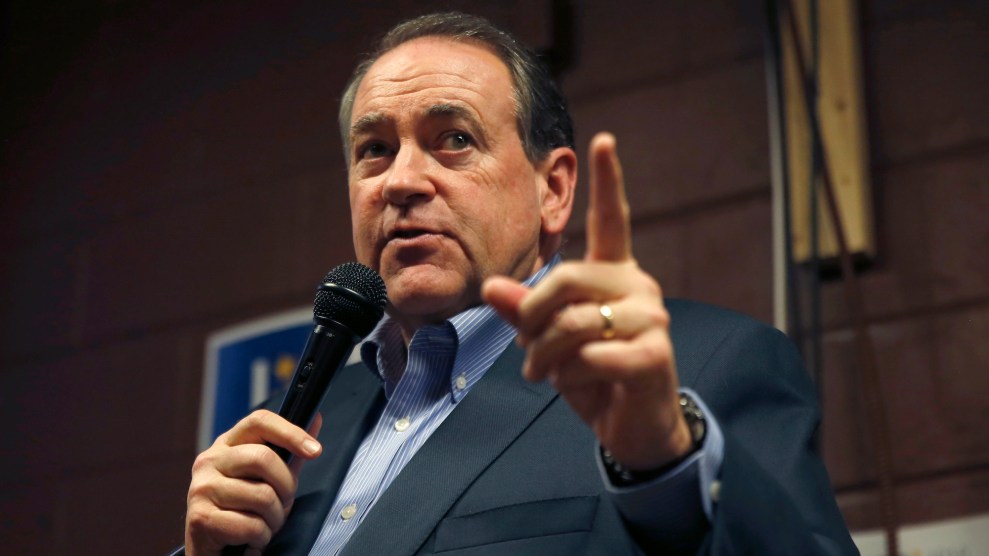
Javier Miranda/Unsplash
This story was originally published by Inside Climate News and is reproduced here as part of the Climate Desk collaboration.
A “heat wave scam” is what one social media user called the record-high temperatures reported by European scientists late last month. In a separate post, another account referred to new policies aimed at reducing the carbon emissions of buildings as “climate communism.” As of September 8, the two social media posts have been viewed at least 2 million times—more eyeballs than some of the biggest primetime cable news shows will average in a week.
The internet is awash with misinformation about the climate crisis, even as its effects on the planet couldn’t be more clear. The summer of 2023 is officially the hottest on record, the World Meteorological Organization reported last week. That historic heat has fueled deadly extreme weather across large swaths of the world and pushed global sea temperatures to record highs, disrupting ocean ecosystems and putting countless marine species at risk.
In fact, more than 3.8 billion people—or nearly half the world’s population—experienced extreme heat between June and August that was made more likely because of human-caused climate change, according to a new analysis by Climate Central. Last week alone, Britain recorded its hottest day of the year so far and several regions in the United States are once again under heat advisories, as yet another series of brutal heat waves test struggling power grids, damage critical water systems and raise the cost of doing business in industries like farming.
Yet despite those impacts playing out in real time, conspiracy theories and misleading claims about climate change continue to spread online at alarming rates, muddying public debate and exacerbating political divides at a time when scientists say some of the worst consequences of global warming can still be avoided if societies can just find a way to cooperate. Recent reports show climate misinformation has become a growing issue not just in Western countries like the US or Britain, but also in Latin America and China.
“Denialism is making a real comeback, but in a way that is framed for the current conspiratorial universe,” said Jennie King, head of climate research and policy at the Institute of Strategic Dialogue, a watchdog group focused on combating disinformation and human rights abuses, in an interview last month with Carbon Brief. “So, rather than ‘don’t trust the science,’ it is much more ‘don’t trust the scientists.’”
That “conspiratorial” aspect also makes fighting today’s misinformation harder than it used to be, King added. “Because it’s not grounded in the idea that there isn’t an evidence base or that climate modeling is unreliable,” she said. “It’s much more a reflection of a wholesale erosion of trust in institutions.”
Some surveys in recent years suggest that public trust in scientists, experts and government officials are falling to historic lows. A Pew survey from last year found just 29 percent of U.S. adults said they have a great deal of confidence that scientists will act in the public’s best interests. Two other Pew surveys, conducted this spring and summer, found that nearly a third of Americans don’t believe humans are causing climate change at all, with 26 percent saying natural patterns in the environment are mostly to blame and another 14 percent saying they don’t believe there’s even evidence the Earth is warming.
The Pew research also found that most Americans don’t support quickly moving away from fossil fuels, at least not right now. Only 31 percent of Americans currently support phasing out fossil fuel energy altogether, one of the surveys found, with the remaining respondents split almost evenly between never wanting to phase out fossil fuels and believing the country isn’t ready to phase them out just yet.
“They’re not just trying to create climate skeptics,” Allison Fischer, another disinformation researcher, told my colleague Keerti Gopal, referencing recent efforts by a former US governor to teach misleading climate information to children. “They’re actually eroding trust in science and the scientific community.”
Some experts worry that erosion of trust could hamper progress at the United Nations’ COP28 climate summit in November and even influence next year’s US presidential election. Researchers found a spike in climate disinformation during last year’s climate conference, and experts worry such efforts are slowing global climate action.
If nations can’t figure out how to reduce the world’s use of fossil fuels, and fast, scientists say there’s no chance the world can keep average warming below the 1.5 degree Celsius target of the Paris Agreement and could even miss the less-ambitious 2 degree target. And as former President Donald Trump made clear when he pulled the U.S. out of the Paris accord altogether in 2017, next year’s presidential winner could play a big role in whether the U.S. helps or hinders progress at future climate talks.












